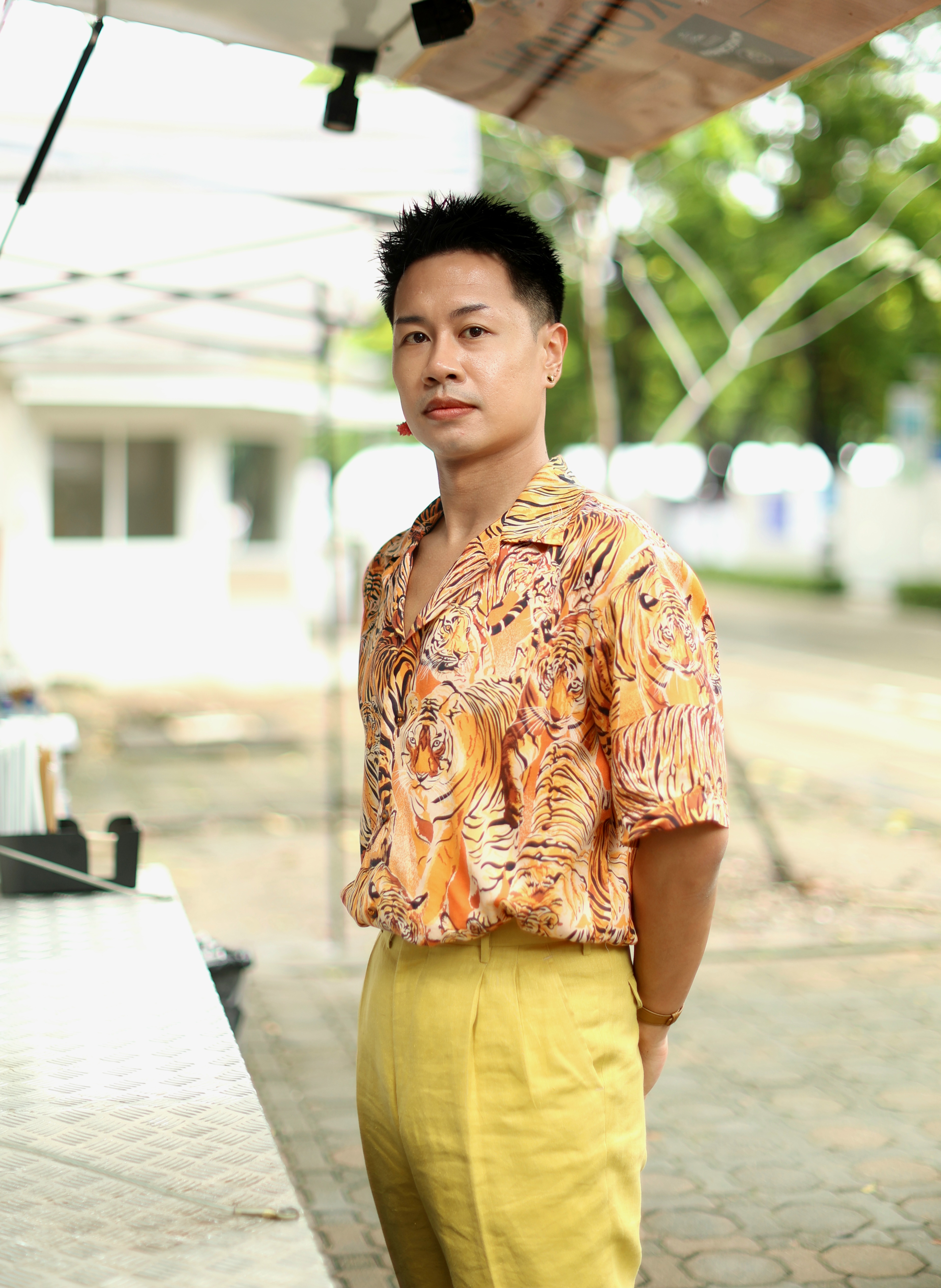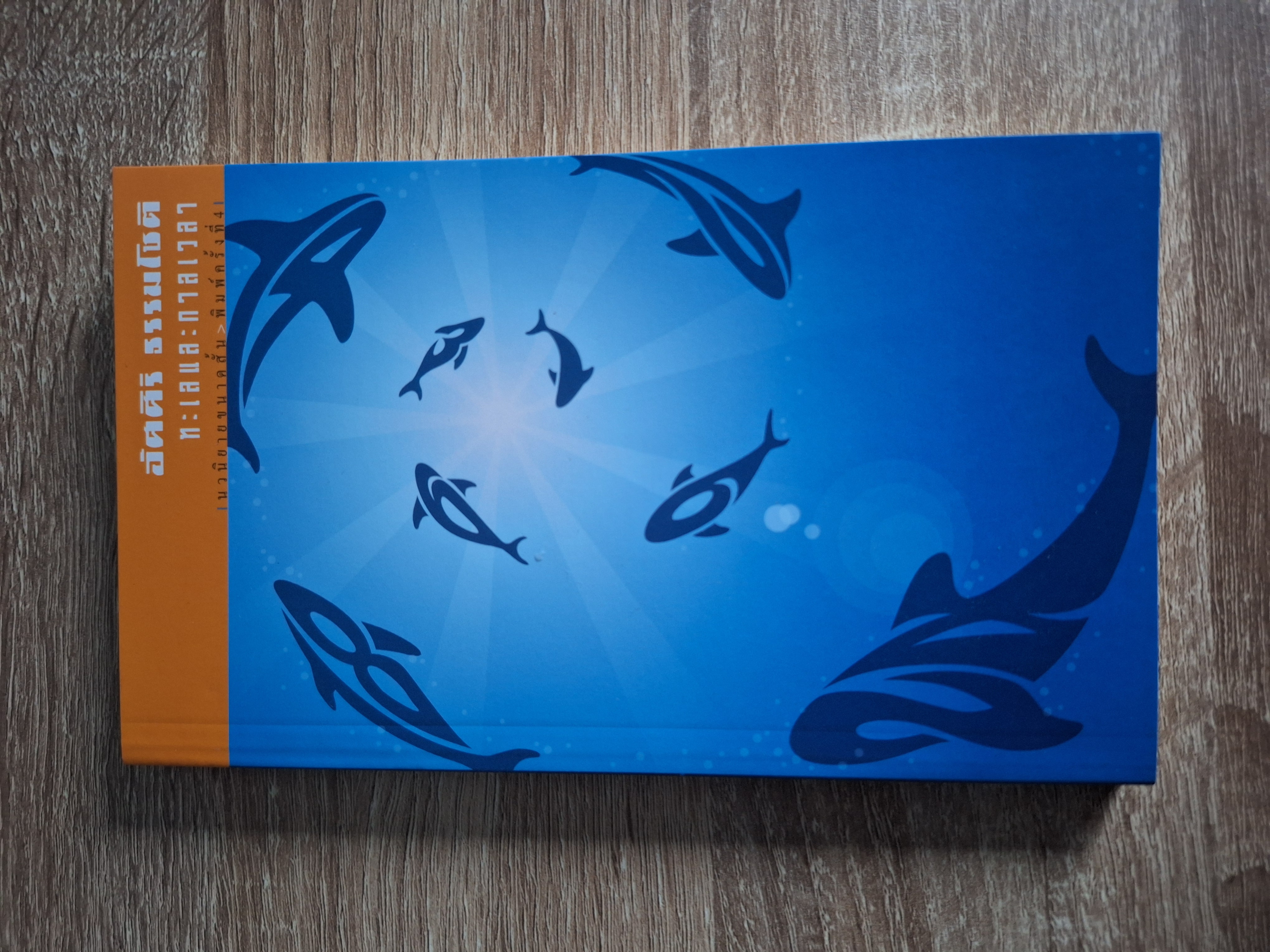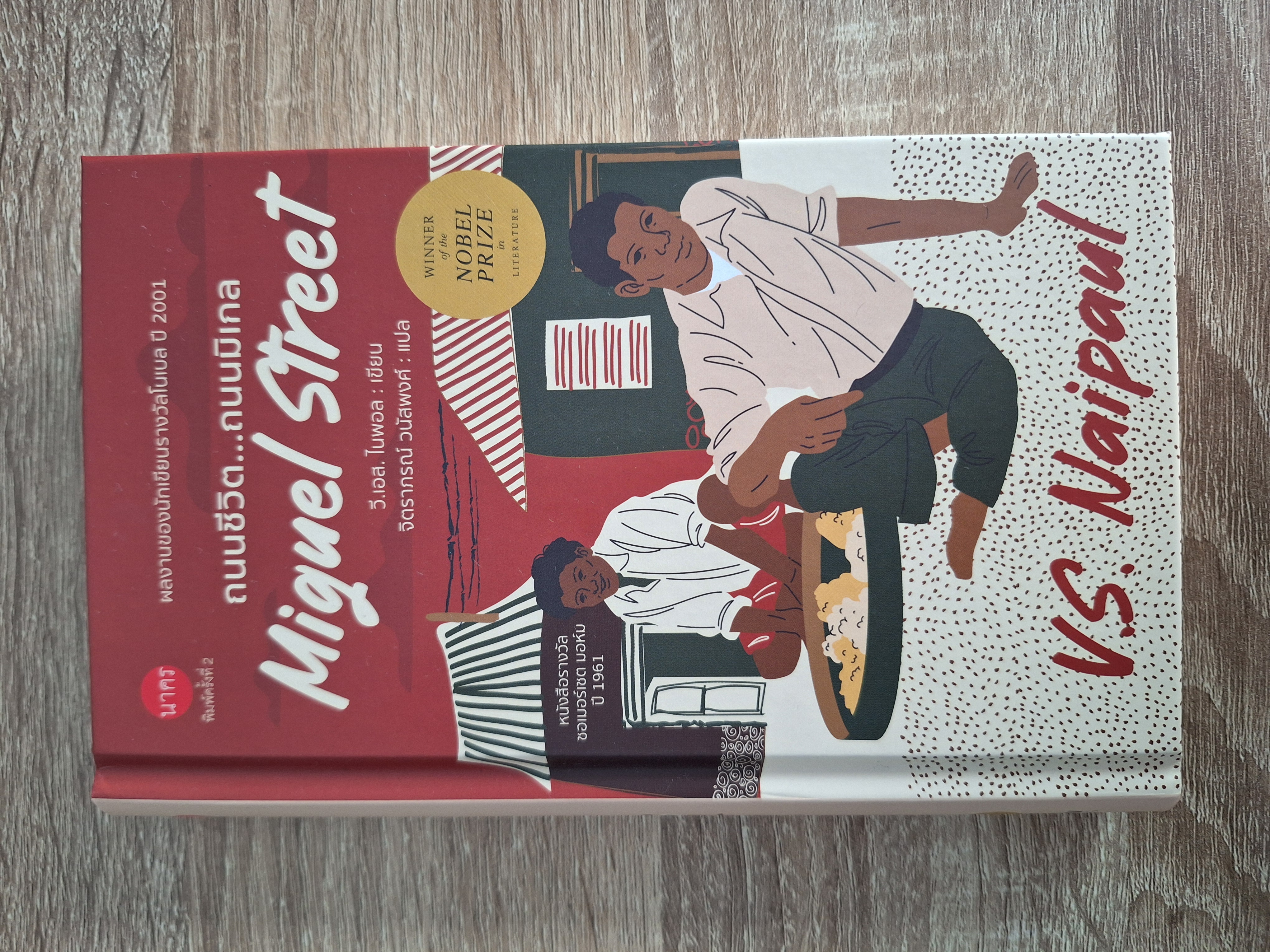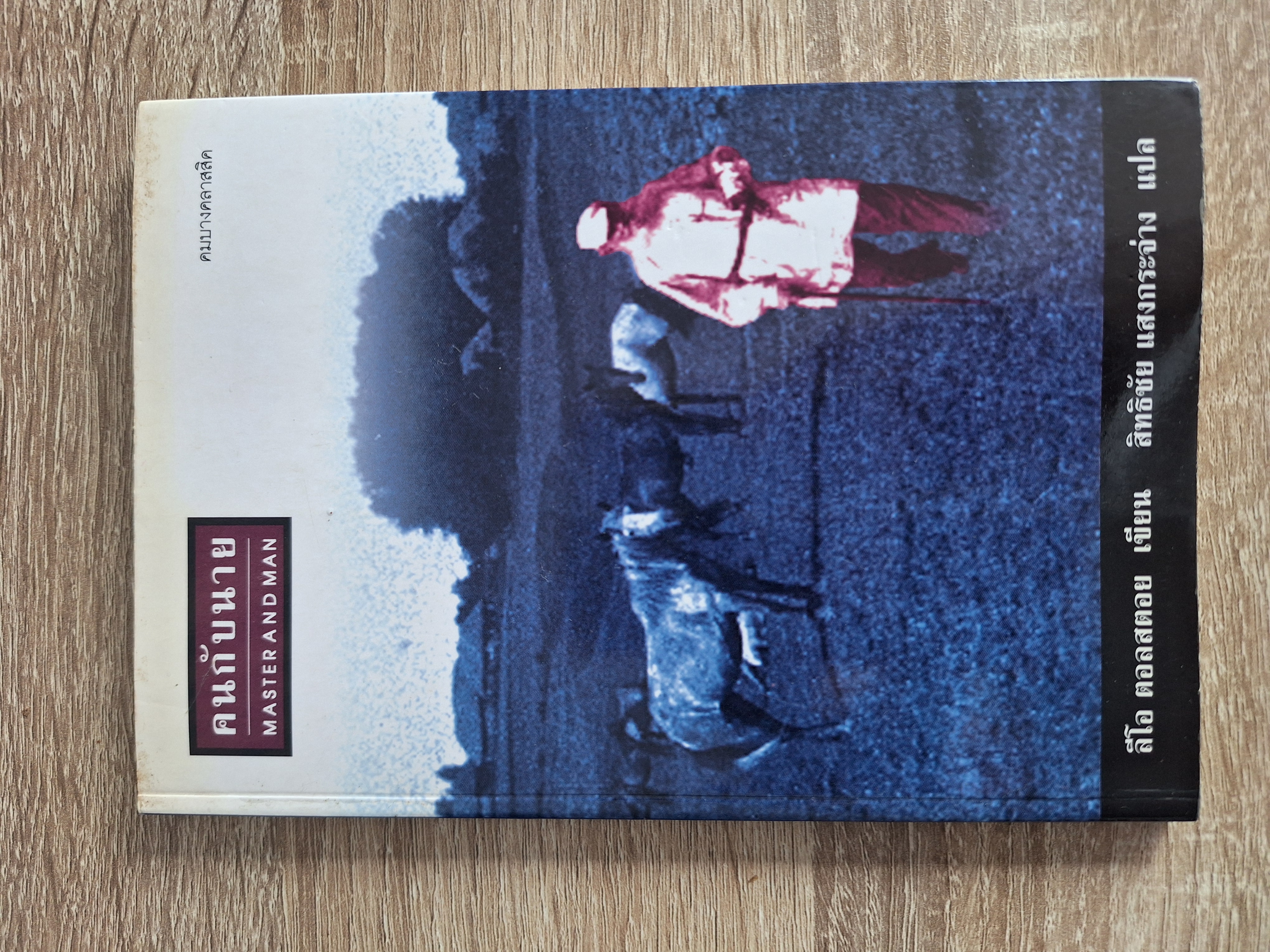Book review: Where research begins - Christopher G. Rea and Thomas S. Mullaney
Published:
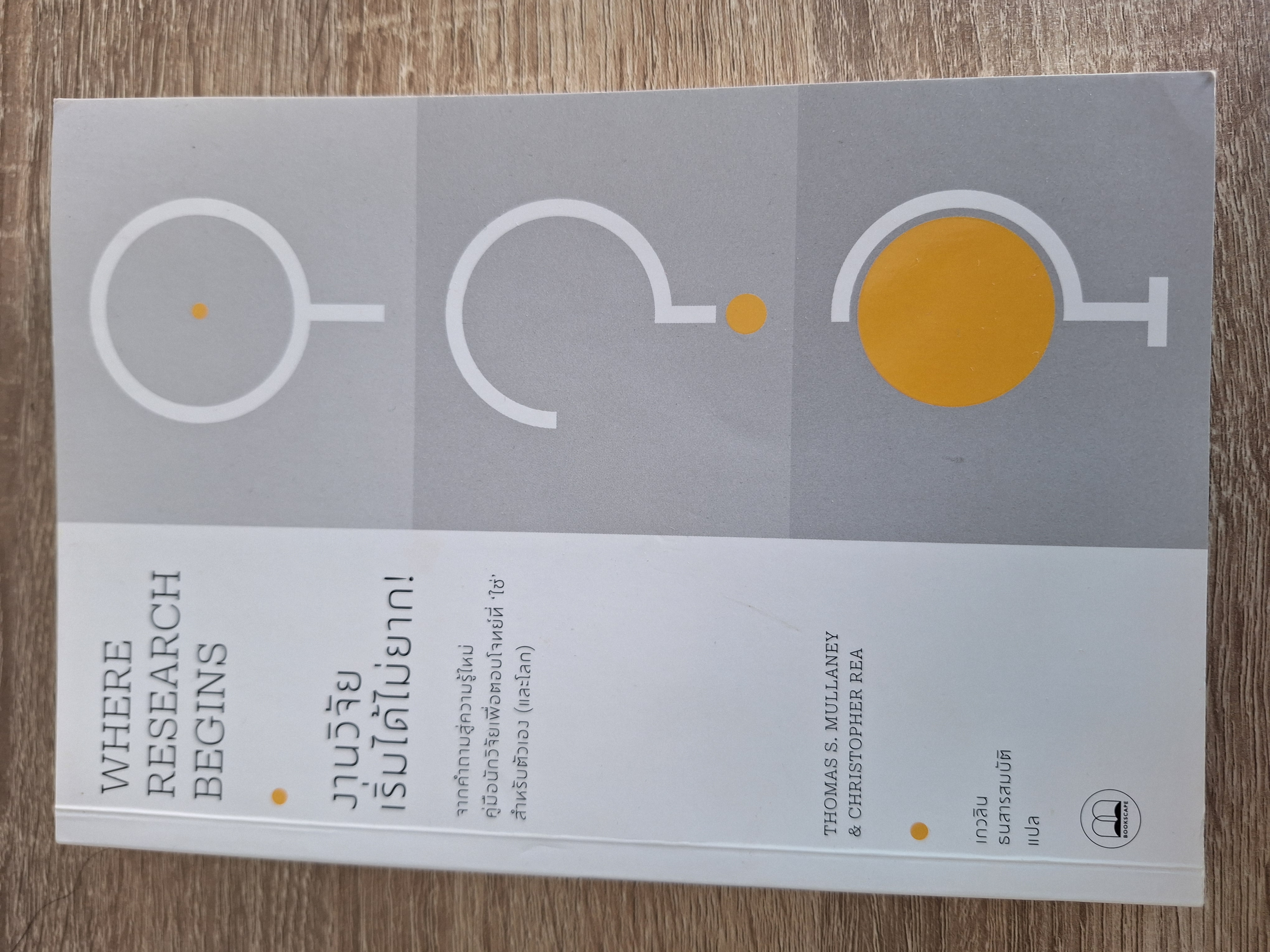
Who came here from my review of Range? It doesn’t matter. I just want to say that Range and Where Research Begins are among the best books I’ve read in 2024. Whether you are a scientist or not, you can read this book because, in a way, we are all scientists of our own lives.
I admit that I purchased this book with bias. The bias came from my own experience of discovering research directions on my own. I had found that classrooms and other books that simply tell you to read, explore, and try more did not actually help me find my direction. That advice isn’t wrong—it’s true—but it doesn’t necessarily help because it doesn’t really teach you how. So, you wouldn’t be surprised if I had a bias toward this kind of book.
But after reading just the first 10 pages, I sincerely felt sorry for my bias. A research topic is not a research question (I read the Thai version, so this may not be an exact quote)—this simple, realistic, and catchy sentence completely hooked me. It unlocked some of my core curiosities about finding a research topic. I agree with the authors 100%.
The authors didn’t waste their chance to engage the reader. They threw a second hook by saying that your research question might not actually be the one you truly want to pursue. Again, I agree 100%. From my perspective, we have all lied to ourselves about our life direction—whether in research or otherwise—convincing ourselves that our current path is the right one, even when our intuition tells us otherwise. Lying to yourself sometimes isn’t a problem. But if you are never aware of it, then it is. The book provides lessons on self-reflection to help find the most optimal research questions. I had already done some of these exercises before reading the book, and I can confirm that they work. I love how this book acknowledges the role of personality and mind in shaping research questions. For example, highly introverted students should avoid designing research questions and experiments that require them to collect human data on their own.
Finally, no matter who you are, read this book, follow its lessons, and trust your instincts.
